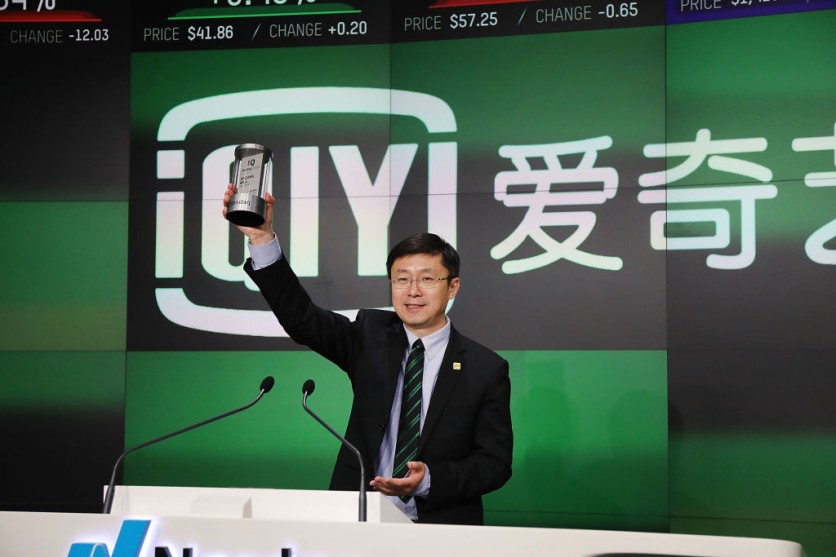Chinese video streaming platforms are reportedly cutting down their staff after suffering from huge net losses. The companies have taken necessary actions amid the increasing competition and pressure.
Chinese Video Platforms Cut Employees' Numbers

According to a report from Marketing Interactive, the popular Chinese video platform iQiyi announced that it would cut the number of its current employees to an "average of 20%." Across all departments, the divisions which have the least profit could see a slash that could even reach up to 40%.
The decision came after the company reported its 18% operating loss margin in Q3 2021 accounting for $212.3 million. In 2020, it suffered from a loss margin of 17% in the same quarter.
Besides the Baidu Subsidiary, another Chinese video streaming firm is arriving at a similar decision. Kuaishou, which is under the Hong Kong list, is reportedly decreasing its labor force by up to 30%.
According to the report, the mid-level workers from both companies will mostly experience the aftermath of this decision.
Earlier this week, Nikkei Asia wrote in its report that iQiyi has laid off 7,721 employees over the past year. On the other hand, Kuaishou cut down 21,499 staff at that time, per the financial report.
At the end of 2019, the number of iQiyi employees sat at around 8,889. This signals that Chinese tech firms are gradually adjusting the number of workers every year.
"During the third quarter, we experienced significant uncertainty in terms of content scheduling, which resulted in softer-than-expected top-line performance," iQiyi Chief Executive Yu Gong said in November.
However, the news outlet also included in the report that what iQiyi and Kuaishou did was something "larger" than the usual staff layoffs involving underperforming workers.
Related Article : Activision Blizzard Lays Off Quality Assurance Contractors, Will NOT be Part of The Game Awards
Chinese Tech Firms Struggles Amid Crackdown
In the same report, TikTok's parent company ByteDance and Douyin came up with laying off employees after experiencing slow revenue gains. Amid the ongoing crackdown in the country, the tech giant said that this decision was more centered in education units on "for-profit" services.
Furthermore, Bilibili witnessed a continuous trend on its operating loss of 73.4% in Q3 2020 ($295.45 million). On the other hand, people who knew Douyin's plans said that the company is currently struggling to recover from its revenue loss of nearly 13% a year ago.
The pressure for these companies doubled as regulators impose stricter policies that limit their profitability. Usually, the most common changes involve limiting the nature of their content with the participating actors.
Back in November, Beijing banned 88 celebrities over their moral standard violation. At that time, the majority faced the sanction because of their "unpatriotic" gesture to Yasukuni Shrine in Tokyo.
The authorities instructed the Chinese online video streaming platforms to delete all the published footage which includes the names of the involved persons.
In another report by Tech Times, T-Mobile plans to increase the minimum wage of its employees.
Elsewhere, an unknown hacker compromised the tweet coming from India's Prime Minister Narendra Modi. The person behind the scheme posted that the country now considered Bitcoin as a legal tender.
Read Also: Google to Grant Workers With $1600 Cash Bonus But Won't Adjust Their Pay to Match Inflation
This article is owned by Tech Times
Written by Joseph Henry
ⓒ 2025 TECHTIMES.com All rights reserved. Do not reproduce without permission.




